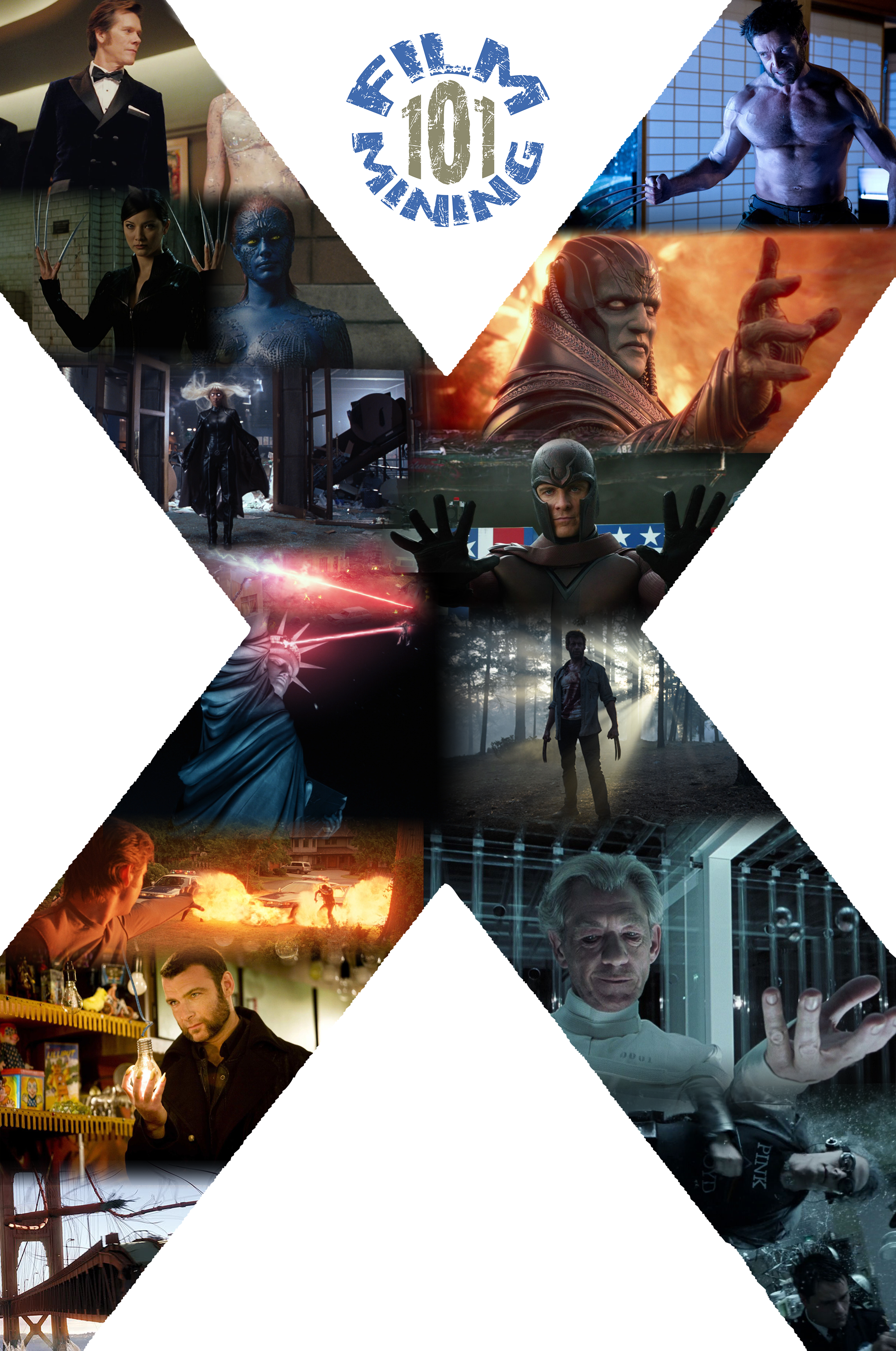X-Men (2000)
Director: Bryan Singer
Starring: Hugh Jackman, Patrick Stewart, Ian McKellen, Famke Janssen
Primary genre: Superhero
READ ALSO
By the time we reached the new millennium, superheroes were a thing to be made fun off. With the exception of “Batman” (1989-1997) and “Superman” (1978-1987), flicks based on those marvelous and colorful pages that dominated the day dreaming activities of thousands, if not millions of boys around the world were not something which executives took seriously. However, the R-rated “Blade” (1998) succeeded where McFarlane’s “Spawn” (1997) did not by presenting a novel fighting style and flashy action sequences. With its critical and commercial success, the Daywalker opened the floodgates for Marvel’s beloved mutants in an era that focused on delivering a standalone film and not the next product in an assembly line of cinematic treats (i.e., modern Marvel).
Going through several scripts changes, directors and creative minds, 20th Century Fox settled on Bryan Singer (“The Usual Suspects” (1995)) who wisely decided to scale back the kitsch costumes, colorful tone, special effects and world ending scenarios to emphasize important socio-political themes. His story favors psychological characterization and contrasting moral approaches to discrimination, prejudice and racism. It is a bold and restrained take that does not overwhelm the viewer with superficial details using even the action moments as stepping stones to explore further the inner conflicts of super powered individuals who try to fit in a resentful society.
From this aspect “X-Men” might be seen as a disappointment as it strikes to be more adult than the target audiences which aims to get support from. Easily disguised as a blockbuster, “X-Men” is the thinking cinephile’s escapism containing all the key ingredients that make a movie entertaining. Looking back at it after two decades (i.e., presentism), you could even say that “X-Men” was woke before woke was a thing; there is nothing but respect for female characters, it is diverse, lacks offensive terms and deals with modern day phenomena (e.g., bullying, terrorism, racism, discrimination, prejudice, political polarization).
Thus, expecting to witness an army of Sentinels under a barrage of bombastic special effects, thunderous music, villainous monologues or caricature government agents is pointless. Singer has visually toned down the style although both the costume and (slick) production design provide distinct and most importantly, practical features to key locations, (e.g., Cerebro’s visual representation is spot on, Magneto’s plastic prison), players and abilities (e.g., Mystique’s appearance and transformation remain a stunning feat of make up and special effects) with minimal digital and practical intervention, putting forward conviction that super-powered individuals can battle it out around the Statue of Liberty.
Supported by a script which embraces a tight pace and necessary exposition, Singer moves the action from place to place but allowing nonetheless the casual viewer to keep track of who is who and what they are doing. Yet, for all of his valiant efforts to juggle several (i.e., at least ten) key characters, most do not get anything meaningful, particularly our antagonists. Excluding McKellen’s Magneto who gets a hard-breaking opening scene, the rest (of the Brotherhood of Mutants) are reduced to action obstacles for the good guys to overcome although the script gives them a few lines to insert more characterization (e.g., “You know, people like you are the reason I was afraid to go to school as a child”).
Casting Patrick Stewart and Ian McKellen as two sides of the same coin who mirror the approaches which Martin Luther King and Malcolm X used during the US civil rights movement was a stroke of genius. Being the grandiose thespians they are, Stewart and McKellen bring gravitas to their roles through frequent verbal and intellectual sparring while newcomers hold out pretty well too; the standouts being the Australian (now megastar) Hugh Jackman as Wolverine, a trademark role for the rest of his life and Rebecca Romijn’s Mystique who kicks ass through an aggressive, precise and fluid style that has not been seen in a Hollywood production before.
Although the film pushes the PG-13 rating to its limits, the clashes between Xavier’s X-Men and Magneto’s Brotherhood of Mutants are brief and every time we think something promising might happen, the moment gets cut short giving this superhero adaptation a prelude sentiment for this world in similar fashion to what Tim Burton and Christopher Nolan did with their takes on Batman.
While “X-Men” does not break any new ground and lacks a unique cinematic voice (something addressed in the much superior sequel), it is a step towards the right direction by crafting a film that not only can appeal to hardcore fans but can also attract the mainstream audiences too by keeping intact its source material. What could have been a colorful dumpster misfire like “Batman and Robin” (1997) is a thoughtful drama with surprisingly minimal action, strong performances and a tight script to keep the interest up.
Adequate adaptation of the beloved mutants
+Great cast
+Stewart/McKellen are excellent
+Emphasis on psychological conflict, ideas
+Believable production design
+Woke being done properly!
-Not enough exploration on key characters
-Antagonists are mostly action filler
-Feels like a prelude
-Limited action








